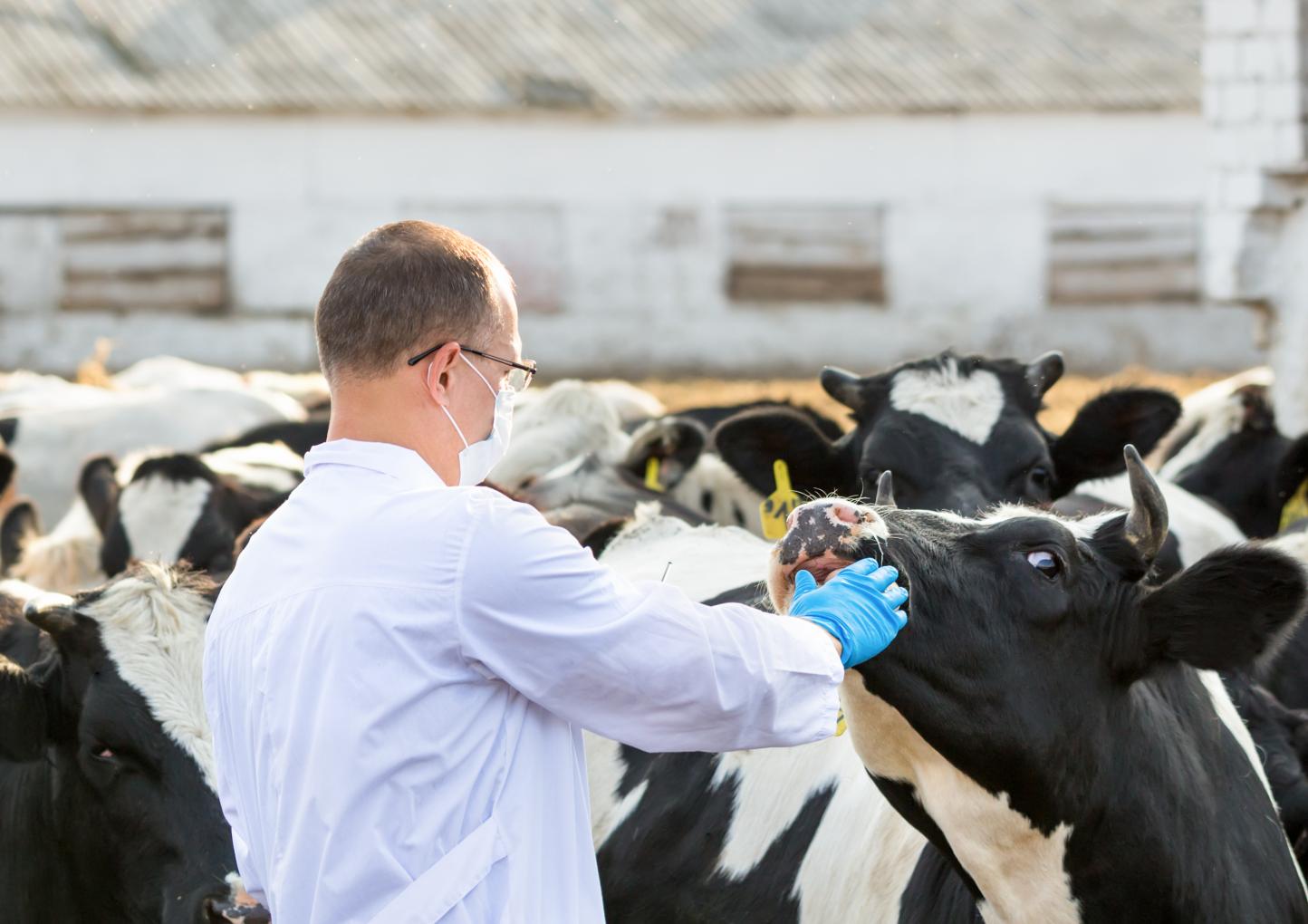A new article, which features contributions by IICA and is available for free in the OIE’s Scientific and Technical Review, provides a detailed analysis of this topic.

San Jose (IICA). The World Organization for Animal Health (OIE) has published a special edition of its Scientific and Technical Review focusing on The Economics of Animal Health, 18 years after issuing the previous edition devoted exclusively to this topic.
Although it was published in August 2017, the article was initially only available for purchase; it is now available for free on the website.
The publication includes an article that discusses the challenges facing veterinary services and analyzes the economics of the animal health transition currently underway in Latin America and the Caribbean (LAC).
The article was written by Jaime Romero, Specialist in Agricultural Health and Food Safety (AHFS) at the Inter-American Institute for Cooperation on Agriculture (IICA), and Hernán Rojas, Director of CERES BCA in Chile.
The article, entitled “Where to next with animal health in Latin America? The transition from endemic to disease-free status,” describes the singularities of livestock production in LAC and its improved health status over the past few decades.
The article also addresses the use of animal health economics tools and analyzes the economics of sanitary transitions from endemic to disease-free status with respect to the most important diseases at the international level.
In addition to presenting the challenges facing veterinary services and the economics of animal health, the article also stresses the importance of decision making, the use of available tools, public-private actions, and the creation and fair distribution of benefits based on the corresponding sanitary status.
IICA’s participation in preparing this article is one of the actions that the Institute has undertaken within the framework of AHFS, with the aim of strengthening capacities and improving official services across the hemisphere through the application of concepts and tools related to animal health economics.
The OIE’s Scientific and Technical Review is an indexed periodical publication that contains in-depth studies devoted to scientific and technical developments in animal health and veterinary public health, food safety and animal welfare.
This edition may be of interest to decision-makers in animal health services, scientists, financial donors and the staff of faculties of veterinary and related sciences. It may also be useful to non-governmental organizations dedicated to improving the health and welfare of animals, veterinarians and all those working in animal production and the processing and distribution of animal-derived food products.
More information:
Jaime Romero, IICA Specialist in Agricultural Health and Food Safety.











